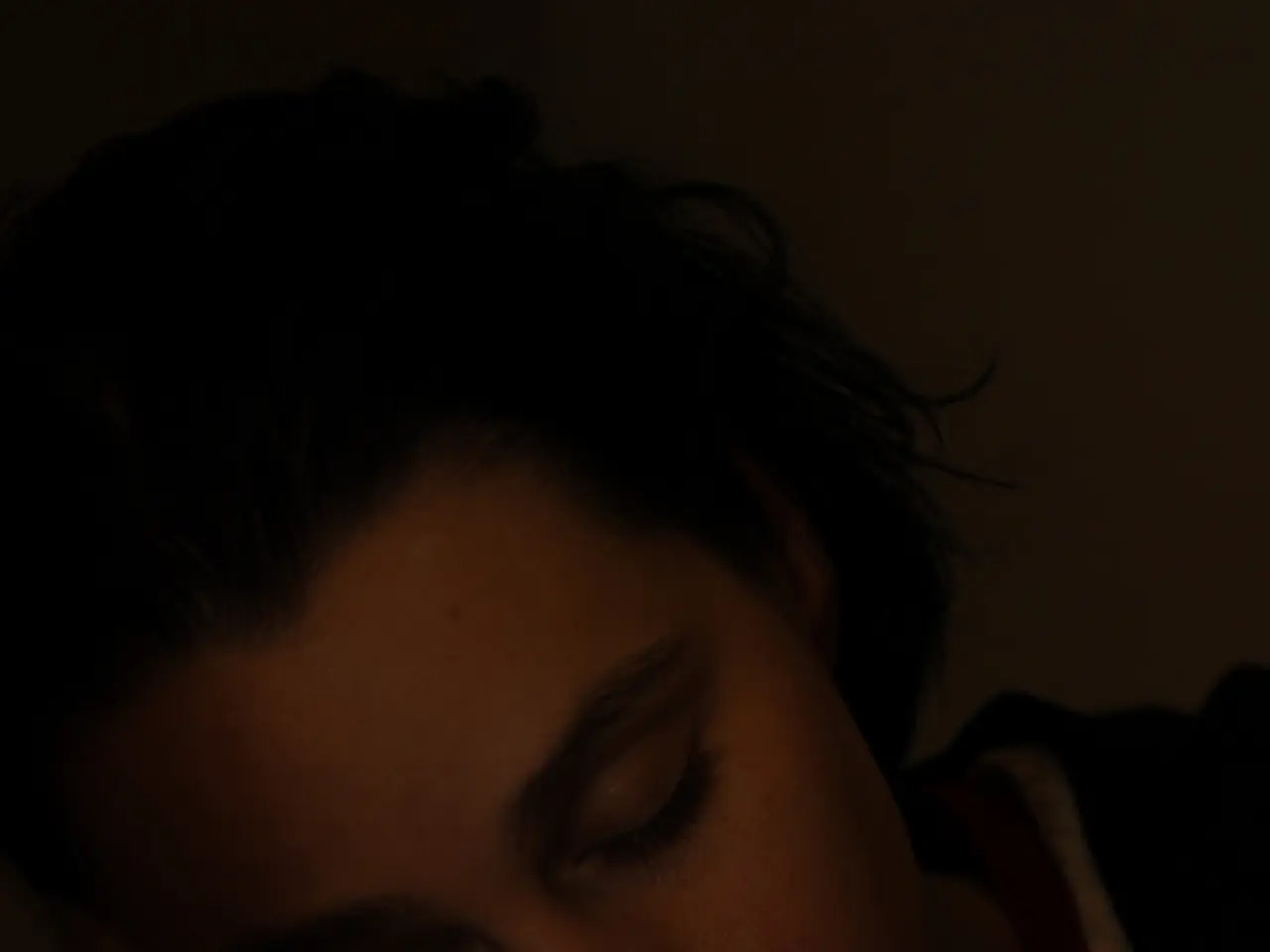Sleep Aid Methods and Medications Explored
In the realm of sleep disorders, a new class of medications known as Dual Orexin Receptor Antagonists (DORAs) has emerged as a potential solution for those struggling with insomnia. These medications, which include Suvorexant (Belsomra) and Lemborexant (Dayvigo), limit the effect of orexin to decrease wakefulness.
Two notable additions to this class, Belsomra and Dayvigo, have received FDA approval for treating insomnia. Belsomra was approved in 2014, while Dayvigo followed suit in 2019. Both come as oral tablets, offering a convenient option for those seeking relief.
However, it's important to note that DORAs have not been directly compared with other drugs marketed for insomnia. Yet, they are thought to be safer than prescription Benzodiazepine Receptor Agonists (BZRAs), often associated with a higher risk of dependence, tolerance, and cognitive impairment.
Despite their relative safety, long-term use of any sleep medication carries potential side effects. For DORAs, these may include dizziness, impaired alertness, and motor coordination the next day, as well as complex sleep behaviors. Controlled, long-term studies have yet to evaluate the safety of DORAs in this regard.
In comparison, older sleep aids like diphenhydramine (ZzzQuil) and doxylamine (Unisom), available over the counter, have been linked to dependence, tolerance, and cognitive impairment, particularly with long-term use. These antihistamines, classed as Schedule IV drugs, have very low misuse potential and no evidence of physical dependence.
Other non-pharmacological approaches to managing insomnia include mindfulness meditation, yoga, and exercise. These practices have been shown to reduce insomnia symptoms and daytime fatigue, offering a holistic approach to sleep management.
Moreover, simple sleep hygiene tips such as avoiding caffeine, electronic devices close to bedtime, maintaining a consistent sleep schedule, and ensuring a cool, dark, and quiet bedroom can significantly improve sleep quality.
In summary, while DORAs and other sleep medications can provide temporary relief for insomnia, their long-term use should be approached with caution. It's crucial to address the underlying causes of insomnia and consider non-pharmacological approaches to mitigate potential risks associated with chronic use. Always consult with a healthcare professional for personalised advice on managing insomnia.
References:
- National Sleep Foundation. (2017). The Sleep Health Journal.
- National Institute on Drug Abuse. (2018). Sedative-Hypnotics and Anxiolytics.
- American Academy of Sleep Medicine. (2017). Clinical Guidelines for the Pharmacological Treatment of Chronic Insomnia in Adults.
- Food and Drug Administration. (2014). Drug Safety Communication: FDA warns about next-day car accidents and complex sleep-related behaviors with zolpidem products.
- Substance Abuse and Mental Health Services Administration. (2018). Benzodiazepines and Sedative-Hypnotics.
- In the realm of health-and-wellness and mental-health, the long-term use of Dual Orexin Receptor Antagonists (DORAs) like Belsomra and Dayvigo, despite being relatively safer than prescription Benzodiazepine Receptor Agonists (BZRAs), can potentially lead to side effects such as dizziness, impaired alertness, and motor coordination impairment the next day.
- When considering managing insomnia, it's crucial to remember that older sleep aids like diphenhydramine (ZzzQuil) and doxylamine (Unisom), although linked to dependence, tolerance, and cognitive impairment with long-term use, have very low misuse potential and no evidence of physical dependence.
- In addition to pharmacological approaches, focusing on lifestyle changes, such as mindfulness meditation, yoga, exercise, and maintaining good sleep hygiene (avoiding caffeine, electronic devices close to bedtime, maintaining a consistent sleep schedule, and ensuring a cool, dark, and quiet bedroom), can significantly improve sleep quality and serve as a holistic approach to managing insomnia.




